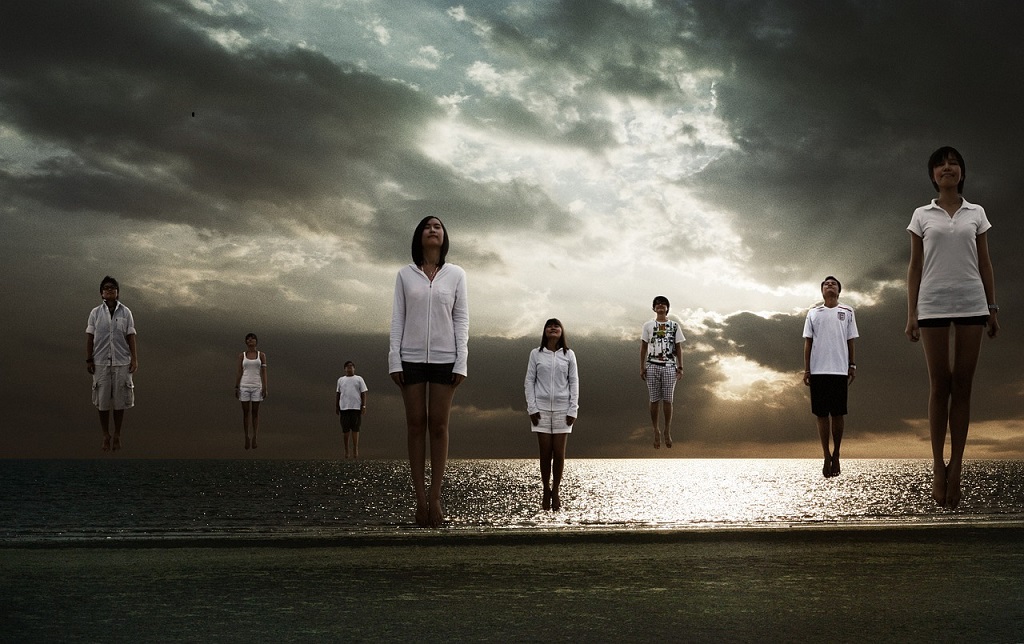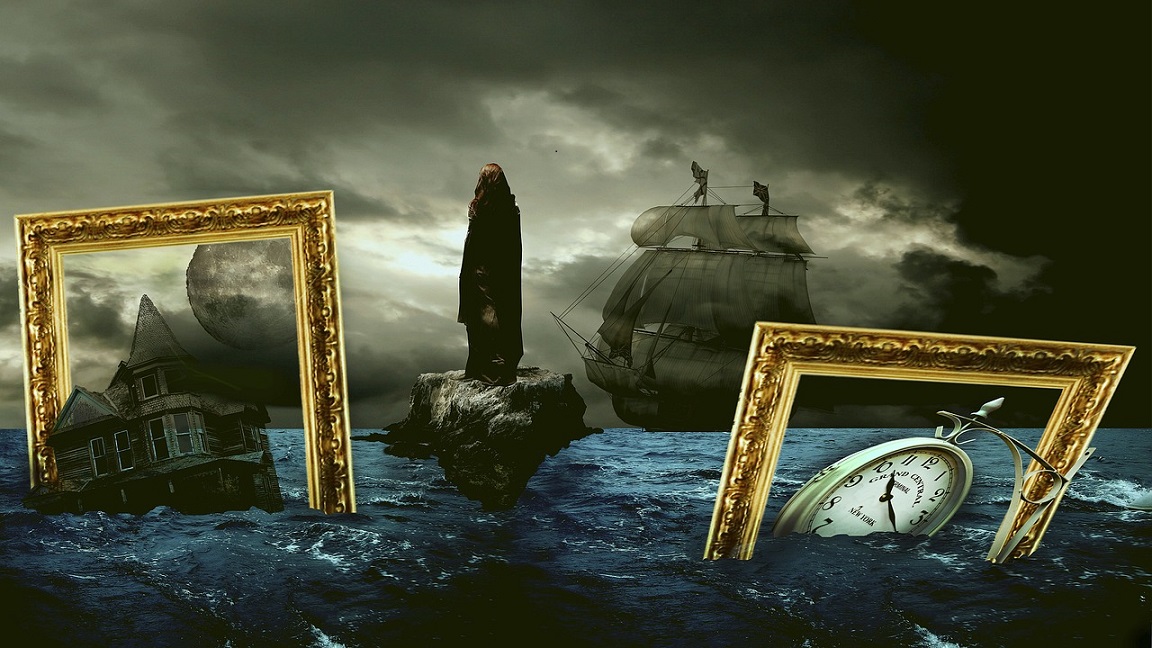Institutionalisation is the enemy (mixed motivation, fossilisation, bureaucratisation) and requires constant vigilance.
 Nigel Pocock
Nigel Pocock
As Steve Taylor observes, undue concern with offices, status, and hierarchy, at the expense of empathy, will destroy connection. Indeed, it will lead to disconnection and tyranny, narcissism, and abuse of power.
This is precisely what happened to the institutionalised church, and, indeed, the Judaism of Jesus’ day. Both became obsessed with outward status, hierarchy and narcissism. The Pharisee and the Levite walked on the other side. Rodrigo Borgia (Pope Alexander VI) indulged his ego in the midst of the power and ceremony of papal Rome. Yet power in the very early church strove to avoid this, as Jesus sought to model Servanthood, even love of enemies. There was no bizarre clothing, dog-collars, or other ‘differentiating rituals’ (Basil Bernstein). Hierarchy was flat. How soon the mechanisms of disconnection wormed their way in, as the spiritual vision of the Servant was lost!
Yet, in rejecting Neo-Darwinism, Taylor seems to be mistaken, although perhaps for excellent reasons. For it is not the process of evolution that is the problem, but the value-laden notion of direction-less randomlessness and violence.
 As Taylor recognises (with Penny Spikins) this is not a true picture of prehistoric life, which was actually far more based on trust and community than allowed for by Dawkins et al. Early supposed ‘primitive’ life was based on connection. Ian Barbour (In John Cobb, “Back to Darwin”) has observed that even the smallest organism, has by definition, ‘life’, and thereby, ‘agency’, however small, and is therefore capable of playing a part in its own evolution.
As Taylor recognises (with Penny Spikins) this is not a true picture of prehistoric life, which was actually far more based on trust and community than allowed for by Dawkins et al. Early supposed ‘primitive’ life was based on connection. Ian Barbour (In John Cobb, “Back to Darwin”) has observed that even the smallest organism, has by definition, ‘life’, and thereby, ‘agency’, however small, and is therefore capable of playing a part in its own evolution.
This is not simply a ‘mindless’ process as some allege. Evolution has also moved progressively from simplicity to complexity, and, as a part of this, to newness, novelty, and creative problem-solving. This is not a negative, but a positive process. Even, controversially, to an emergent dualism (as philosophers William Hasker, “The triumph of God over Evil”, and Karl Popper have observed), in which the mind ‘emerges’ out of the energy of the brain/body, to create a ‘force field’ that can ‘act back’ on the brain/body dynamic, thus providing a conscious (as well as unconscious) directionality to evolution.
The chance elements of evolution in an ontological sense (as an inherent property of the universe) seems therefore to belong to creaturely ‘agency’, all the way down to the simplest organisms.
There is an enormous field of ‘epistemological chance’, which is the apparent contingency of ‘chance’ events due to human finitude and ignorance.
 How many ants did you step on your walk to the shops? Neither the ants nor you willed it, or even knew about it. Yet it was an epistemological ‘accident’ of time and place, in which creaturely decisions played a part. No doubt a trillion cause and event happenings occurred that led to the unfortunate demise of the ants. It was contingent in an unwilled sense, and due to human and creaturely ignorance.
How many ants did you step on your walk to the shops? Neither the ants nor you willed it, or even knew about it. Yet it was an epistemological ‘accident’ of time and place, in which creaturely decisions played a part. No doubt a trillion cause and event happenings occurred that led to the unfortunate demise of the ants. It was contingent in an unwilled sense, and due to human and creaturely ignorance.
Yet agency, and ontological (real randomness) chance, also played a part, because human and ant volition are chance, in an in principle unpredictable sense. Choosing to leave the house eight seconds later, and perhaps the human agent might have been run over by a bus, or been distracted by a neighbour, and other contingent events, in which choice and creaturely willed agency again play a part (Gregory Boyd, “Satan and the problem of Evil”, 218ff. )
Where does this leave us? New fields of research, such as epigenetics, make clear that both the environment and genetic expression are connected causally in ways that involve both creaturely volition, as well as contingent (epistemological) chance.
Indeed, an ontology of the universe of creaturely activity suggests that the impacts of both free (indeterminate) choices and mechanistic cause and effect is the reality of things. Both are involved positive and negative ways, as a force for healing, and a force for harm.
 As both Spikins and Taylor note, altruism was very much a part of small, early prehistoric communities. Such groups were connected and empathetic.
As both Spikins and Taylor note, altruism was very much a part of small, early prehistoric communities. Such groups were connected and empathetic.
Taylor has a utopian vision of a new future, in which society is spiritually-driven towards connection, and in which social controls appear to be shaped by evolution towards a universal connectedness and empathy.
The pathological tendencies of psychotics, narcissists and Machiavellian personality types, neutralised. This is a wonderful dream, but can it be achieved? Taylor sees new political structures being crucial to this, in which hierarchies are flattened, management structures are broad-based to the extent that narcissists and other pathological personalities are diffused and ineffective in terms of their desires for personal power-over. Is this possible? The reader must engage with Taylor in his book!
(Photos: Pixabay)












.jpg)













So we have lost a utopia, live in a dystopia and the only hope (according to Taylor) is Huxley’s Brave New World?
In reality even a superficial examination must lead to the conclusion that politics and politicking are the cancer that divides human society, therefore even more power in the hands of those who enter politics voluntarily (therefore out of self-interest) can only make things worse.